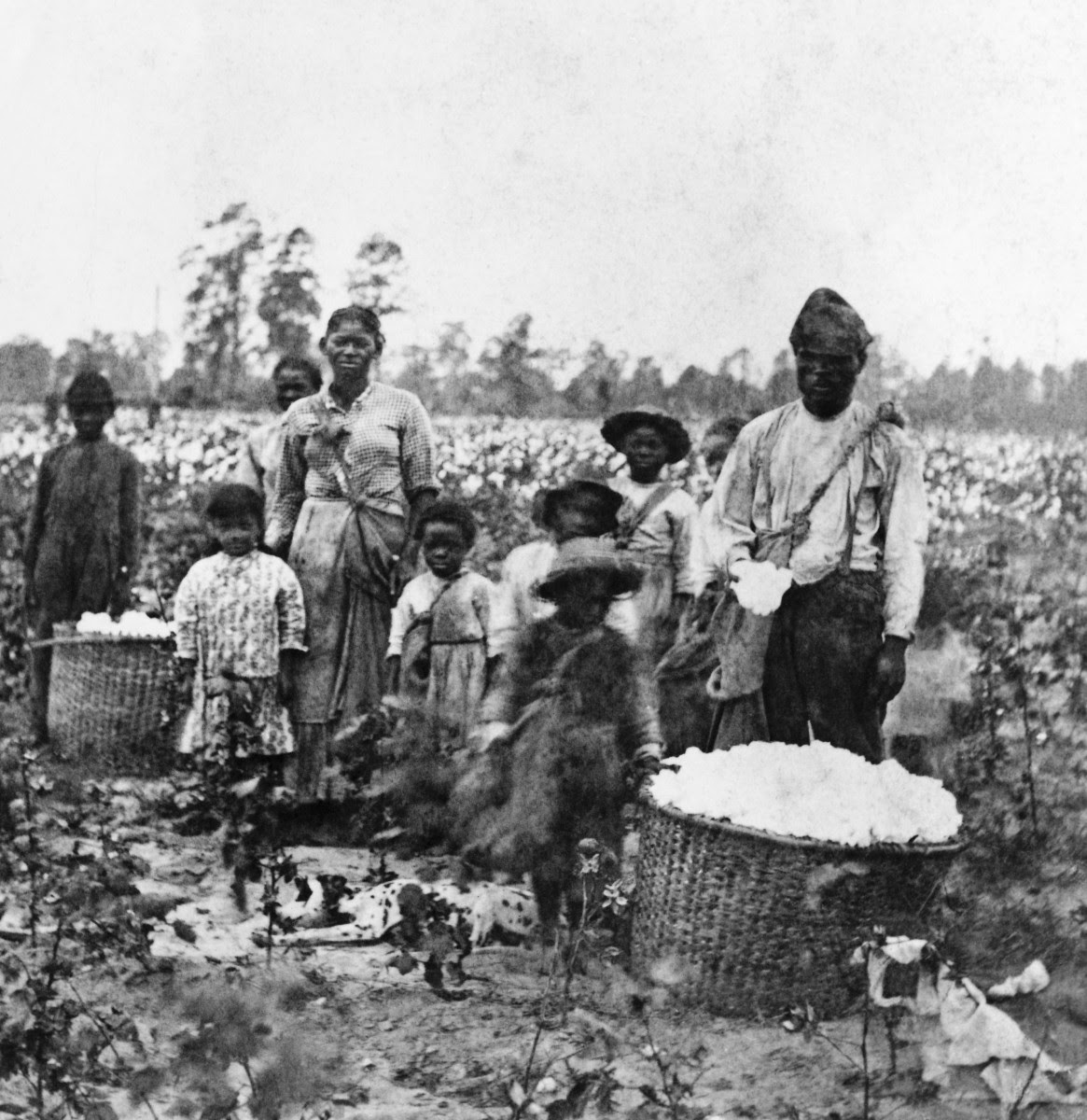
Courtesy of “Slavery in the South .” History.com .
IN THE EARLY 19TH CENTURY, WOMEN WERE DEPRIVED OF THEIR ECONOMIC, POLITICAL, AND SOCIAL RIGHTS.
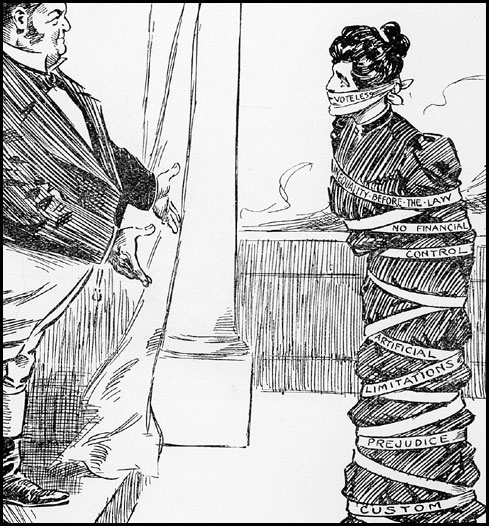
Courtesy of "Elizabeth Cady Stanton - Progressivism Academy Awards (Gryf)."

Courtesy of “Slavery in the South .” History.com .
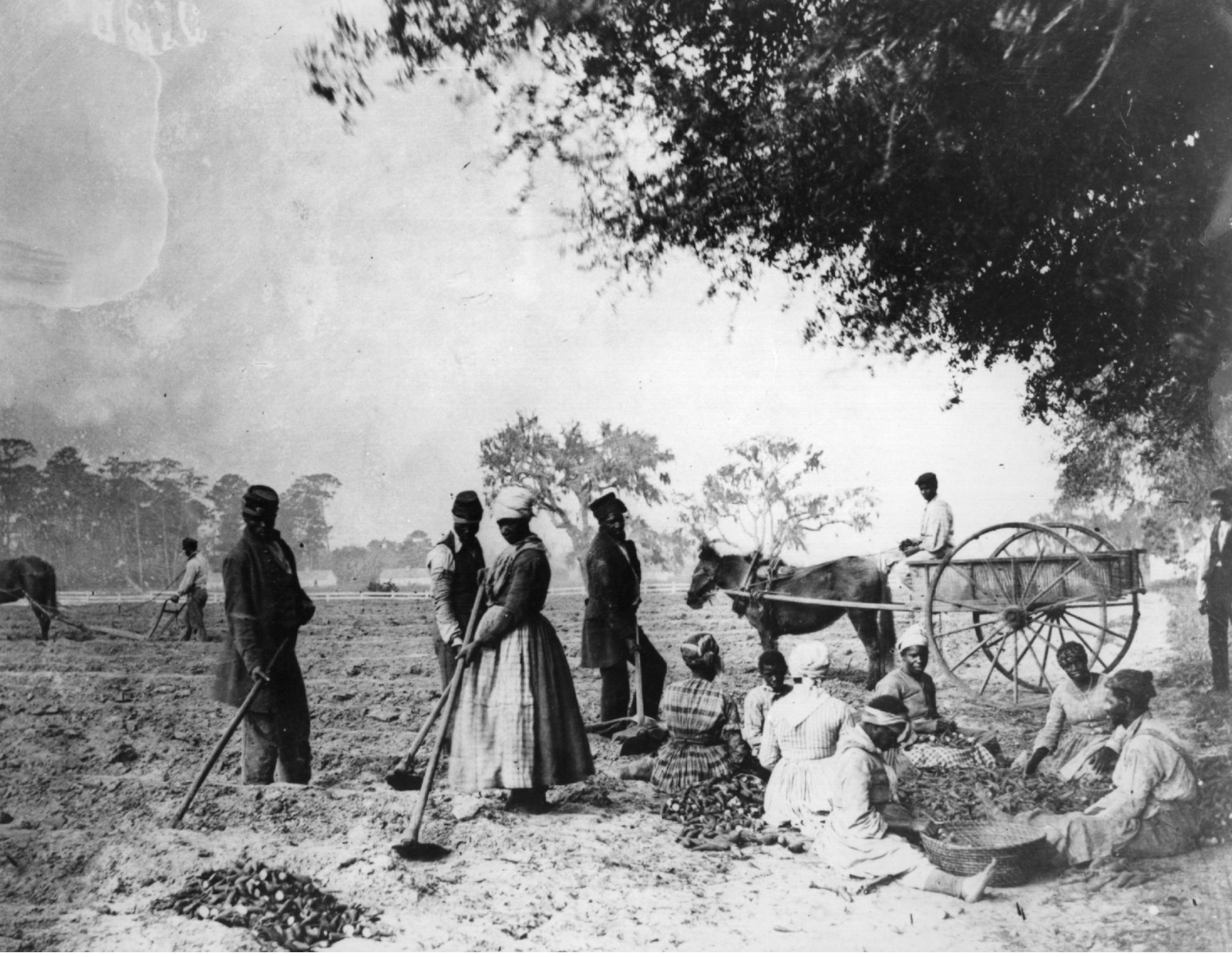
Courtesy of “Moore , HP. James Hopkinson's Plantation. Planting Sweet Potatoes." .
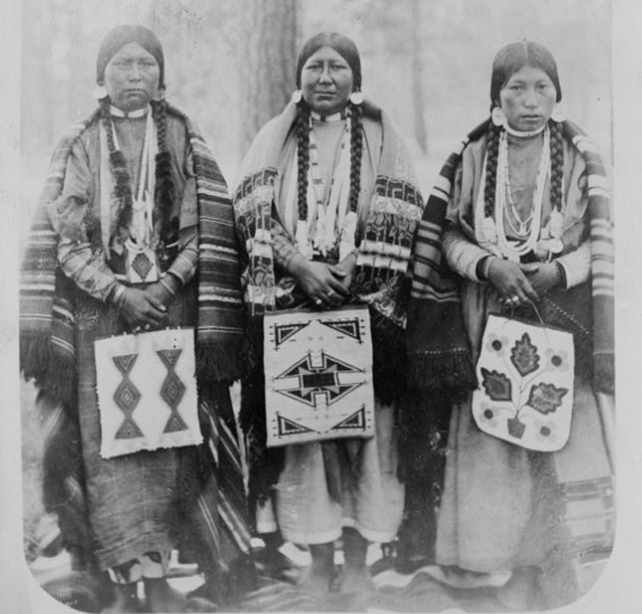
Courtesy of “Library of Congress"

Courtesy of “Native Americans Struggle to Survive on the Trail of Tears.”
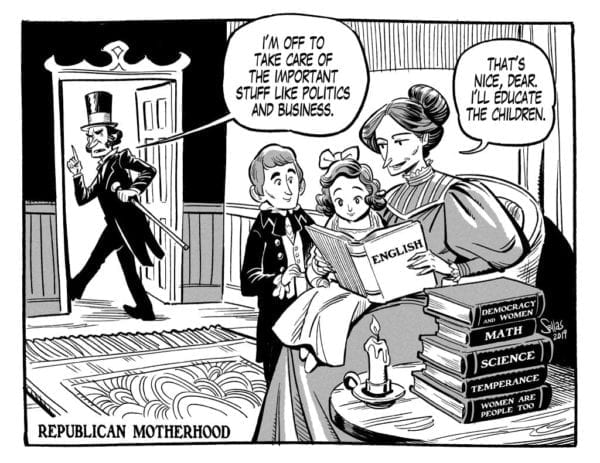
Courtesy of "Bing, Microsoft"
"Republican motherhood is essentially an unspoken movement through which women used their influence in the domestic and familial spheres to teach their children about the importance of national freedom and civic duty.”
~ Courtesy of Leach, J. "What is Republican Motherhood"
For women in the public view, the ideology of Republican Motherhood restricted them to domestic life. Rather than using their knowledge to lobby for more rights, women raised virtuous children, mainly boys, that would uphold the same sexist ideas as their fathers.
"The period of 1820 to 1860 saw the rise in America of an ideology of feminine behavior and an ideal of womanliness that has come to be known as the "Cult of True Womanhood" or "Cult of Domesticity"."
~ Courtesy of "The Cult of Domesticity - America in Class"
The rise of the cult of domesticity halted any progressive desires by expressing that a woman's place is in the household, fashion, and the nurturing of children. This cult promoted the idea of separate spheres and excluded women from politics, public service, and commerce.
Courtesy of "Woman's 'Sphere' - American Reform"
Women lacked financial security and relied on their husband's income to support the family. The rise of alcoholism resulted in the loss of many families due to economic instability and domestic violence. Despite the United States's passion for influencing democracy in the rest of the world, they neglected to apply their ideas at home. The U.S. government would allow incapable, drunk men to vote for institutions they probably knew nothing of rather than educated women. Lastly, although industrialization helped many women shift out of the domestic sphere, they were mistreated and exploited in the workplace.
Courtesy of "The Beginning of a Feministic America"
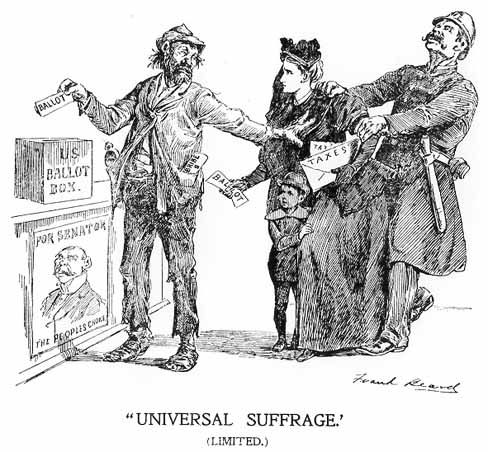
Courtesy of "B, Sydney. "Overview." Employment Discrimination"
Courtesy of "Not for ourselves alone: The story of Elizabeth Cady Stanton and Susan B. Anthony."
Courtesy of "Donovan, Bridget, The Negative and Positive Outcomes of The Temperance Movement"
"Women were not valued the same as men in the workplace, and were often paid much less than men. Along with poor pay, women were also subjected to horrible conditions in the workplace. While women were often used as domestic workers in the homes of the wealthy, they also worked in the factories and mines. For example, a common job for women in a coal mine was to haul carts of coal up mine shafts. The woman would have the cart full of coal attached to her waist by a strap and she would be expected to haul it through the narrow space. The work was tiring and dangerous. "
~ Courtesy of "Crunch Writers, History. Role of Women in the Industrial Revolution"
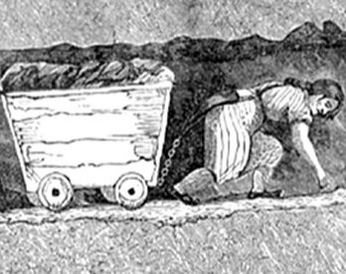
Courtesy of "Crunch Writers, History. Role of Women in the Industrial Revolution"
"Women were not allowed to vote. They could not own property or continue to own property they brought into a marriage or earned while being married, although the groundbreaking 1848 Married Women's Property Act of New York State granted married women the right to hold title to property independent of their husbands. Even with this historic law, however, women in New York and in most states could not buy or sell without their husbands' consent, were not given custody of their children when circumstances required the dissolution of a marriage, and did not inherit equally with their children upon the death of their spouse.Their lack of civil, religious, and intellectual freedom was, in the eyes of Elizabeth Cady Stanton, a form of human bondage."
~ Courtesy of Miller, Bradford. "Returning to Seneca Falls"